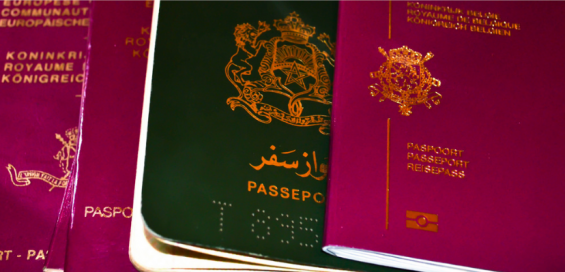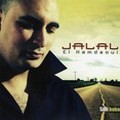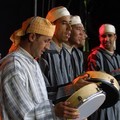A group of Dutch-Moroccan nationals wants the Dutch government to campaign on its behalf to end the legal requirement that automatically makes of them Moroccan nationals. The initiative was announced, Tuesday, through an online manifesto sent to Dutch political parties.
Signed by 12 Dutch-Moroccans aged between 18 and 65, this manifesto addresses the feeling of «being forced into accepting Moroccan nationality», Dutch newspaper Dutch News (DN) reports.
«After 50 years, we yearn for full-blown Dutch citizenship, in the Netherlands and abroad», wrote the 12 signatories. «We want to be free to decide whether or not we want dual nationality, not to be required to be subjects… of a state we do not wish to be connected to», they stressed.
A manifesto to choose
Indeed, the main idea behind this manifesto is about «choice», Moroccan-Dutch activist Habib El Kaddouri told Yabiladi. «We are connected to our roots and families in Morocco, but we want to be able to choose as we feel that we do not have a ‘choice’», said the Utrecht-based activist who signed the aforementionned manifesto.
«We are Dutch nationals too (…) that is why the manifesto was sent to the Dutch government and not the Moroccan one», stressed El Kaddouri, who hopes to see fruitful debates emanate from this initiative.
«We want this matter to be discussed and studied», he reported, adding that in the coming days «Amsterdam will host a debate that would address this situation». According to him, Merouan Mekouar, a Moroccan-Canadian political scientist and an associate professor at the University of York, among others, will attend this gathering.
Habib El Kaddouri did not miss the opportunity to mention that some Dutch-Moroccans have had «bad experiences related to their Moroccan nationality». «Pro-Hirak activists in the Netherlands are scared of visiting Morocco (…) they fear arrest and that is restraining their freedom», he argued.
A «significant political move»
Making headlines in the Netherlands since its release, the manifesto is touching upon a complicated situation that is associated with long procedures and precise conditions.
In this case, Moroccan citizenship is seen as an «original nationality (a nationality of birth)» and renouncing it is a procedure that «relies on several precise terms and conditions» and requires a judicial decision, Constitutional law Professor Rachid Lazrak told Yabiladi.
Indeed, renouncing Moroccan citizenship will need you to bear, beforehand, a foreign or second citizenship that must abide by the law and a long procedure. According to the Dahir No. 1-58-250 about the Moroccan citizenship code, adults, minors, women married to foreign nationals, and others working as government officials for a foreign state, who bear a second nationality, can relinquish their Moroccan citizenship.
«Morocco is one of the countries that accept having their nationals acquire foreign nationalities (…) and this respects international laws that prevent some countries from making their subjects stateless», he recalled.
As for said manifesto, Lazrak believes that it is «a political message that this group is trying to send to the Moroccan government». Moreover, the professor explained that sending the manifesto to the Dutch government is «useless» as the latter «shouldn’t interfere in Morocco’s laws».
Renouncing one’s citizenship to convey a «political» message is not a new thing. To denounce their situation, six Hirak detainees, including Nasser Zefzafi, announced, in August, that they are officially asking for the removal of their Moroccan citizenship. Aside from the symbolism this act may hold, the procedure prevents these detainees from relinquishing their Moroccan citizenships as they are not dual nationals.





 chargement...
chargement...













